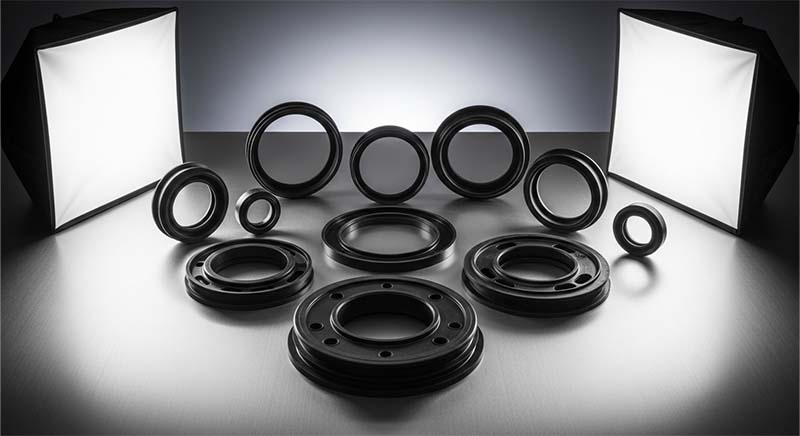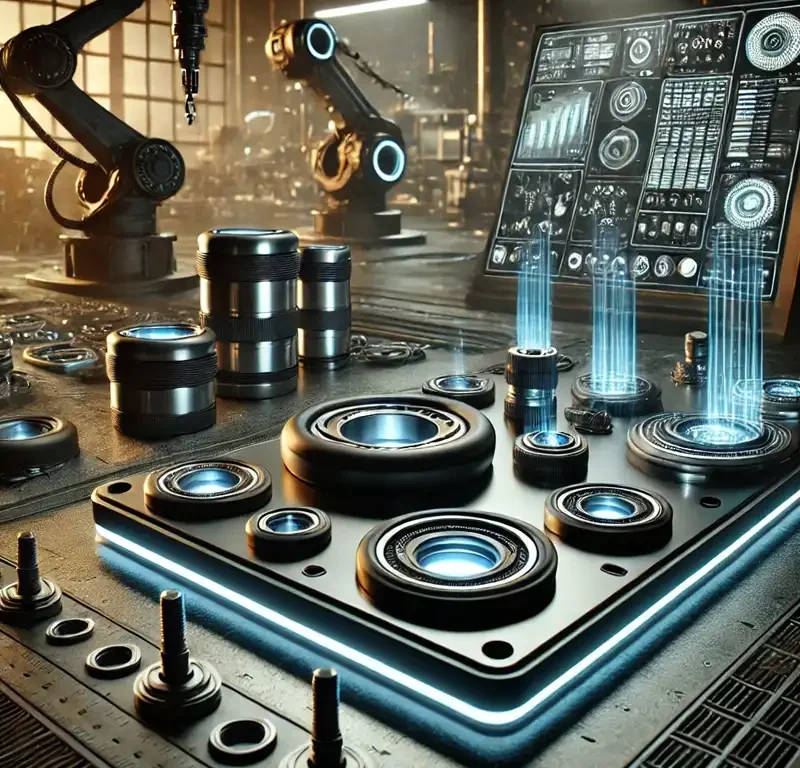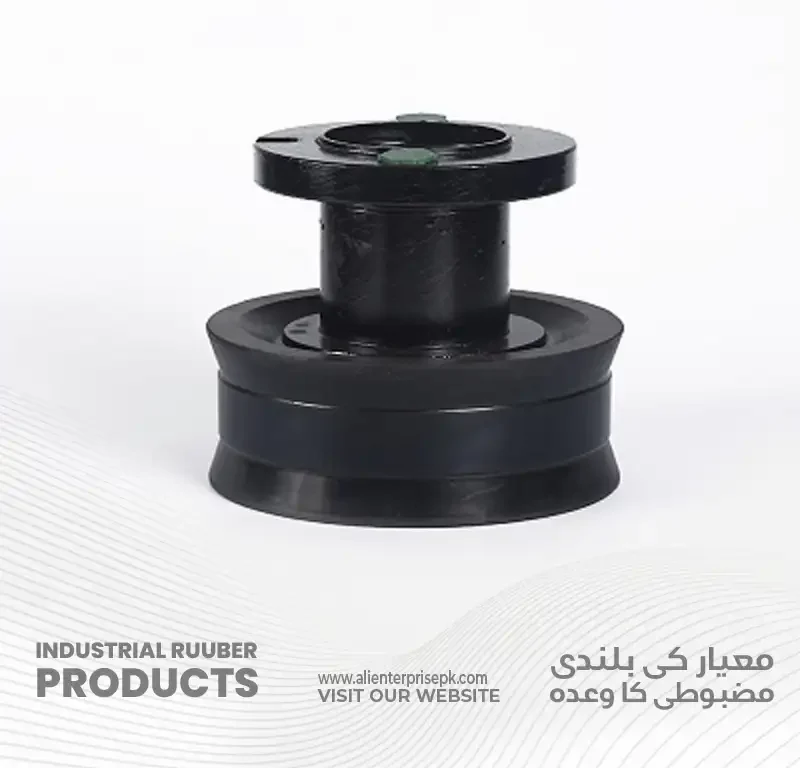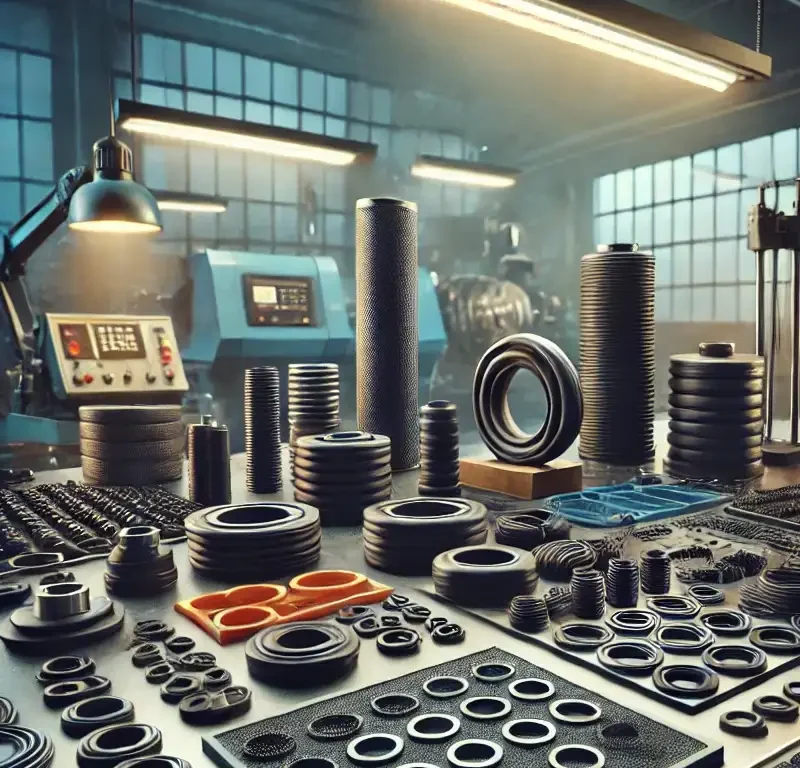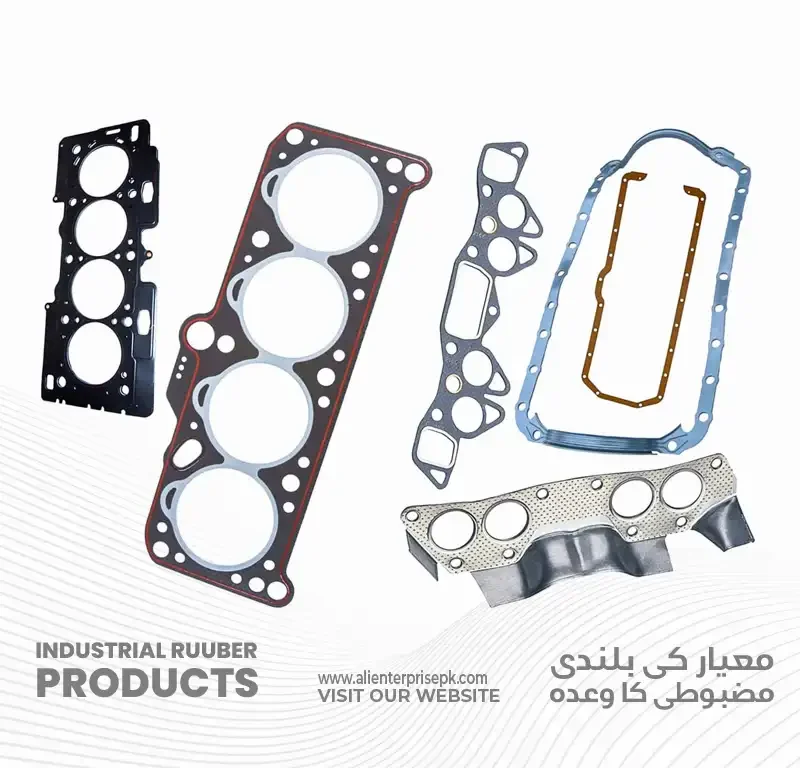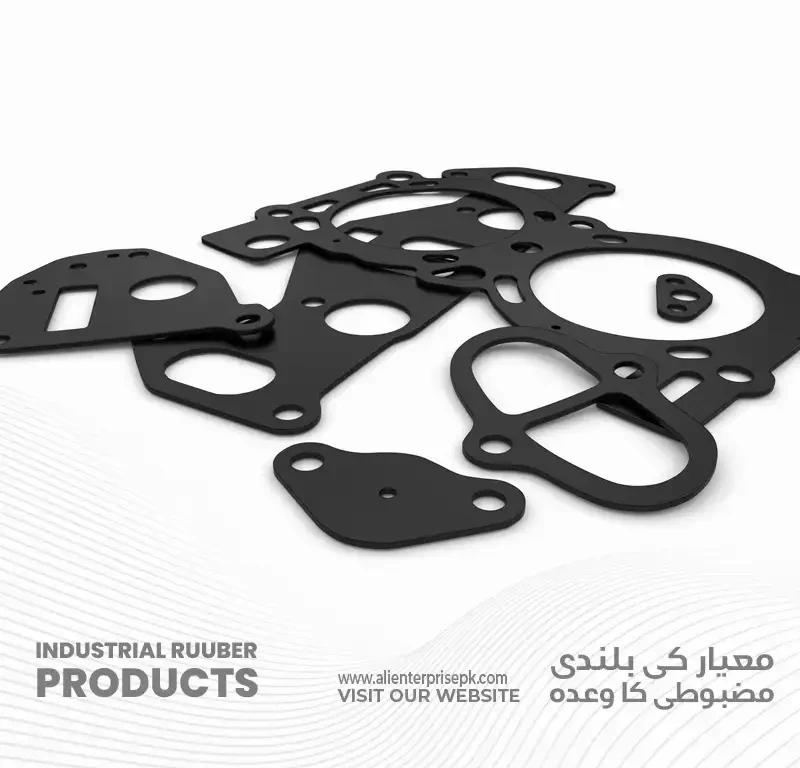
Need Industrial Rubber Products? See Why Ali Enterprises Is #1!
December 25, 2024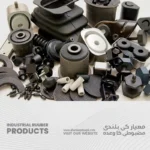
Top 5 Industrial Rubber Products That Improve Machinery Efficiency
January 5, 2025Introduction
Rubber flooring is a versatile solution that can be customized to suit the specific needs of various industries. From gyms to industrial plants, rubber flooring offers tailored options that cater to the demands of each environment, including specialized designs, colors, textures, and safety features. Custom rubber flooring provides durability, safety, and aesthetics, making it ideal for applications ranging from heavy-duty industrial use to comfortable, ergonomic commercial spaces.
1. Versatility Across Industries
One of the key benefits of custom rubber flooring is its adaptability across industries. Whether in commercial, healthcare, educational, or industrial settings, rubber flooring can be customized to meet unique performance requirements. For instance, hospitals require hygienic, easy-to-clean flooring, while gyms need shock-absorbing surfaces that protect both equipment and users. Rubber flooring can also be tailored for environments that demand soundproofing, chemical resistance, or anti-static properties.
2. Durability and Performance
Customized rubber flooring is designed to meet the demands of high-traffic areas, offering durability and resilience in even the harshest conditions. For industrial facilities, rubber flooring can be crafted to withstand impacts from machinery, resist chemical spills, and endure the heavy weight of equipment. In contrast, retail or office spaces may prioritize aesthetics and comfort, with a focus on long-lasting finishes that can handle daily foot traffic without showing wear.
3. Aesthetic Flexibility
Another advantage of custom rubber flooring is the ability to align with aesthetic goals. Rubber flooring comes in a variety of colors, patterns, and textures that can be customized to suit the design of the space. Whether a sleek, modern look for a corporate office or a bold, vibrant floor for a school gymnasium, rubber flooring can be personalized to create the desired visual impact while maintaining functionality.
4. Safety Features
Safety is a primary concern in many industries, and custom rubber flooring can be engineered to enhance safety in specific environments. For example, in industrial and manufacturing plants, anti-slip surfaces and shock-absorption properties reduce the risk of accidents. Custom rubber flooring can also include anti-static or fire-resistant features to meet the safety standards of particular sectors like electronics manufacturing or public spaces.
Applications of Custom Rubber Flooring
- Healthcare Facilities
Hospitals and clinics need flooring that’s easy to sanitize, comfortable for staff, and slip-resistant. Custom rubber flooring provides seamless installations to prevent bacteria growth and can be designed to include cushioned surfaces for long hours of standing. - Educational Institutions
In schools and universities, custom rubber flooring solutions offer durability in high-traffic areas while providing safe, non-slip surfaces in playgrounds, gyms, and corridors. These floors can also be customized with school colors or logos. - Retail and Commercial Spaces
Custom rubber flooring in retail spaces is designed for aesthetics, durability, and comfort. Whether it’s a stylish, polished finish for a high-end store or a soft, ergonomic surface for employees who stand for long periods, rubber flooring can be tailored to fit. - Industrial and Manufacturing Plants
In heavy-duty industrial environments, custom rubber flooring is designed to withstand mechanical stress, chemical spills, and temperature variations. These floors are essential for worker safety and equipment protection.
5. Sustainability and Environmental Benefits
Custom rubber flooring is not only practical but also sustainable. Many manufacturers offer eco-friendly options made from recycled rubber materials, such as used tires. This reduces waste and promotes the use of sustainable materials in construction. Custom rubber floors can also be designed with environmentally friendly adhesives and non-toxic components, making them safe for both the environment and building occupants.
FAQs
Q1: What industries benefit the most from custom rubber flooring?
Industries like healthcare, education, manufacturing, retail, and gyms benefit the most, where safety, durability, and comfort are key.
Q2: How long does custom rubber flooring last?
With proper maintenance, custom rubber flooring can last over 20 years, especially in high-traffic or industrial settings.
Q3: Is custom rubber flooring eco-friendly?
Yes, many custom rubber flooring options use recycled materials and are designed with sustainability in mind.
Q4: Can rubber flooring be designed with specific safety features?
Yes, custom rubber flooring can include safety features such as slip resistance, shock absorption, and fire resistance, tailored to the environment’s needs.
Q5: How is custom rubber flooring installed?
Custom rubber flooring is typically installed using adhesives or interlocking systems, and the installation process can be adjusted based on the project’s unique requirements.



